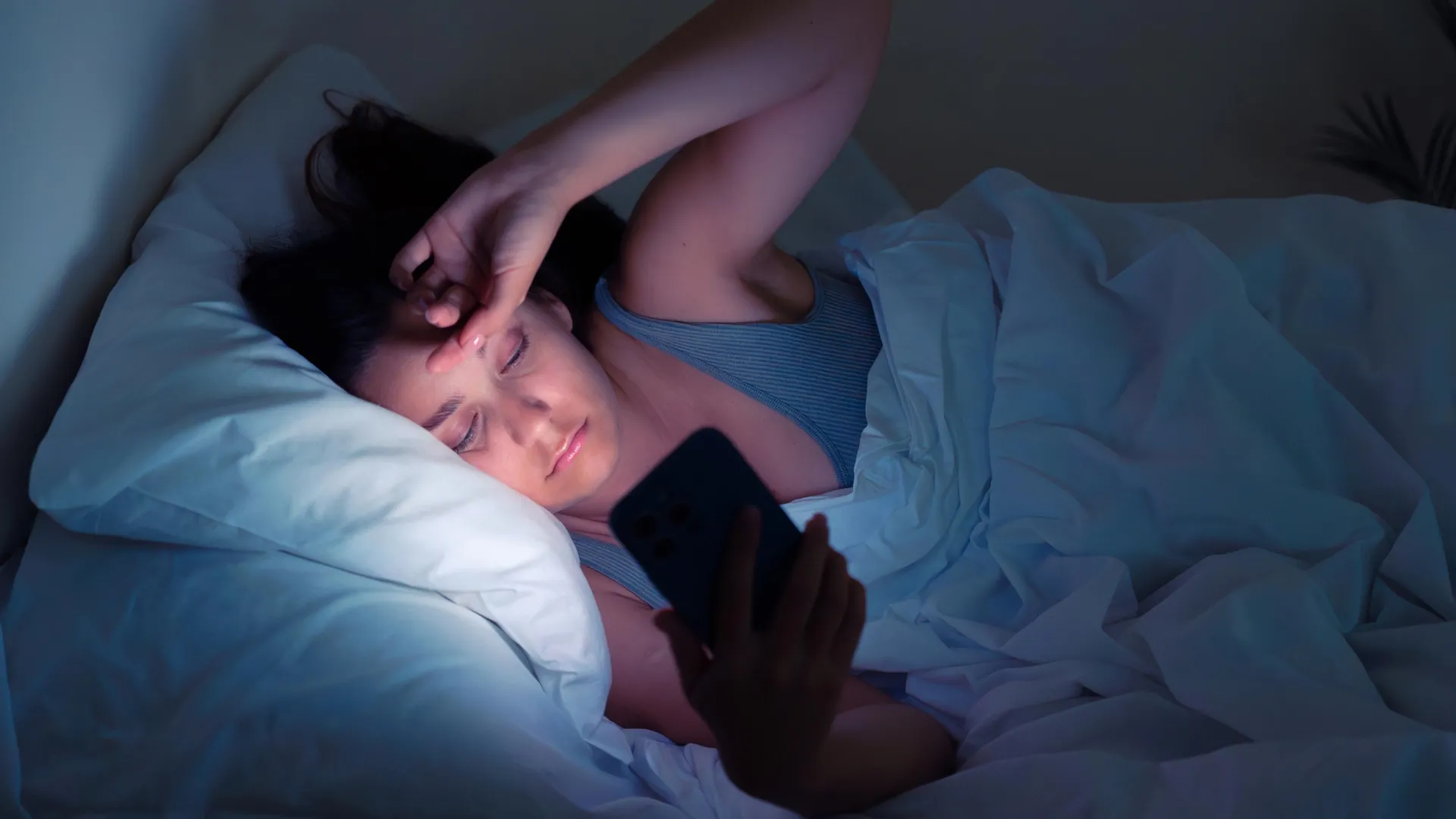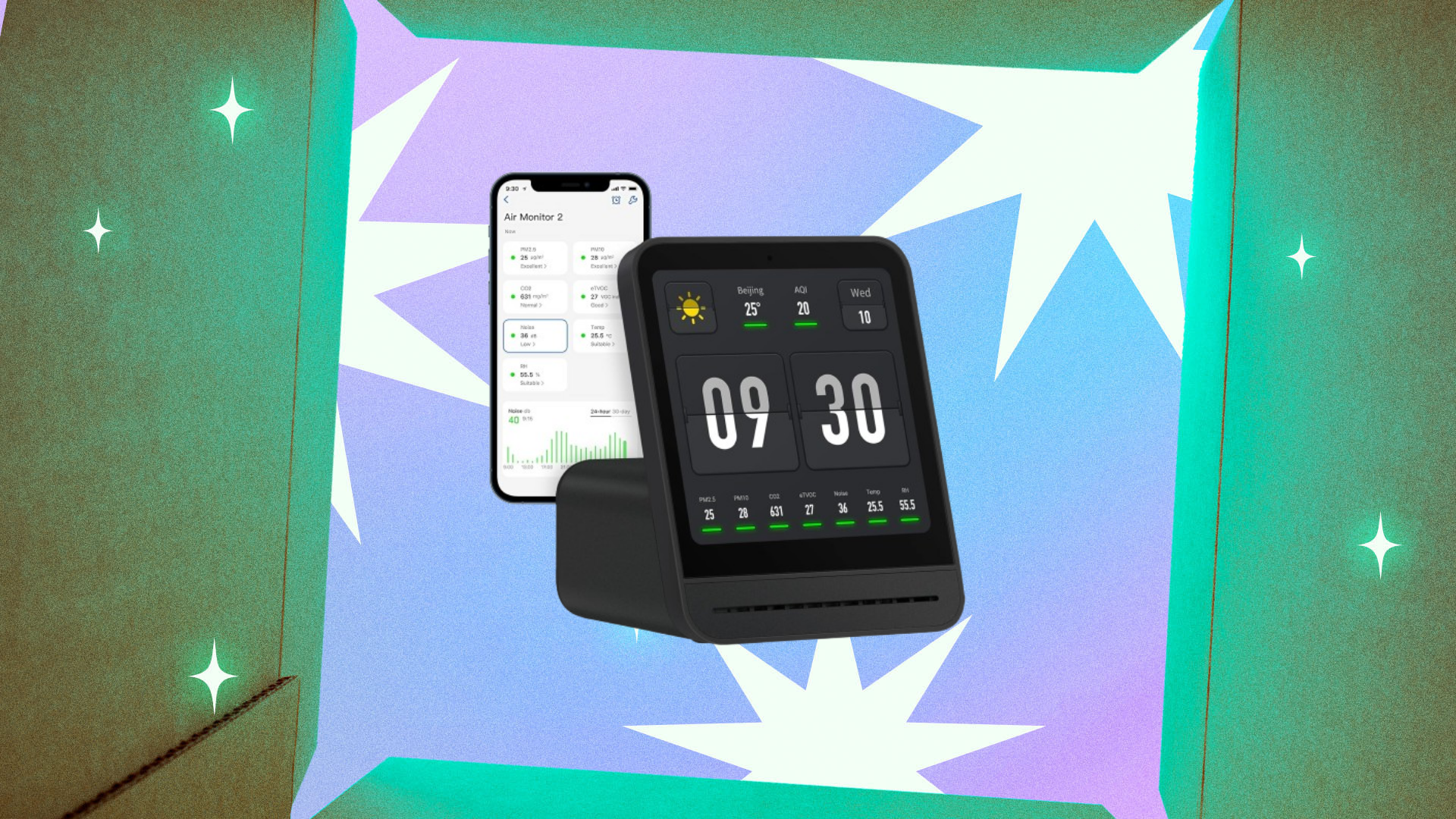Now Reading: Experts Caution: Early Smartphone Use Risks Long-Term Mental Health Impact
-
01
Experts Caution: Early Smartphone Use Risks Long-Term Mental Health Impact
Experts Caution: Early Smartphone Use Risks Long-Term Mental Health Impact

quick Summary
- A large study by Sapien Labs, involving data from over 100,000 young people worldwide, links owning smartphones before age 13 to poorer mind health and wellbeing in early adulthood.
- Negative effects include suicidal thoughts, aggression, detachment from reality, low self-worth, diminished emotional resilience, and disrupted sleep patterns.
- Females experience diminished self-image and emotional resilience; males face lower stability and empathy. Mind Health Quotient (MHQ) scores progressively decline with younger smartphone ownership ages.
- early smartphone access also contributes to risks like cyberbullying (10%), poor family relationships (13%), disrupted sleep (12%), and social media exposure (40%). These remain consistent across cultures despite variables like the COVID-19 pandemic magnifying patterns.
- Even though causation isn’t confirmed yet, researchers argue for preventive regulations akin to alcohol or tobacco laws for underage users. Recommendations include: mandatory digital literacy education; strengthened enforcement of age requirements on social platforms; smartphone access restrictions; graduated mechanisms for regulated use during development stages.
- Countries like France and New Zealand have already adopted restrictions on phone use in schools while mixed results prevail internationally due to inconsistent policies regarding these devices globally.
Indian Opinion Analysis
The findings highlight the global challenge posed by early-age smartphone ownership as a potential driver of declining mental health outcomes among young adults today-a concern highly relevant for India given its rapid digitization within diverse economic strata that often lack standardized safeguards effectively limiting access by minors..
The study’s recommendation introducing graduated policy measures such restricting AI-powered environments ensuring policymakers examining reinforcing checks..

























